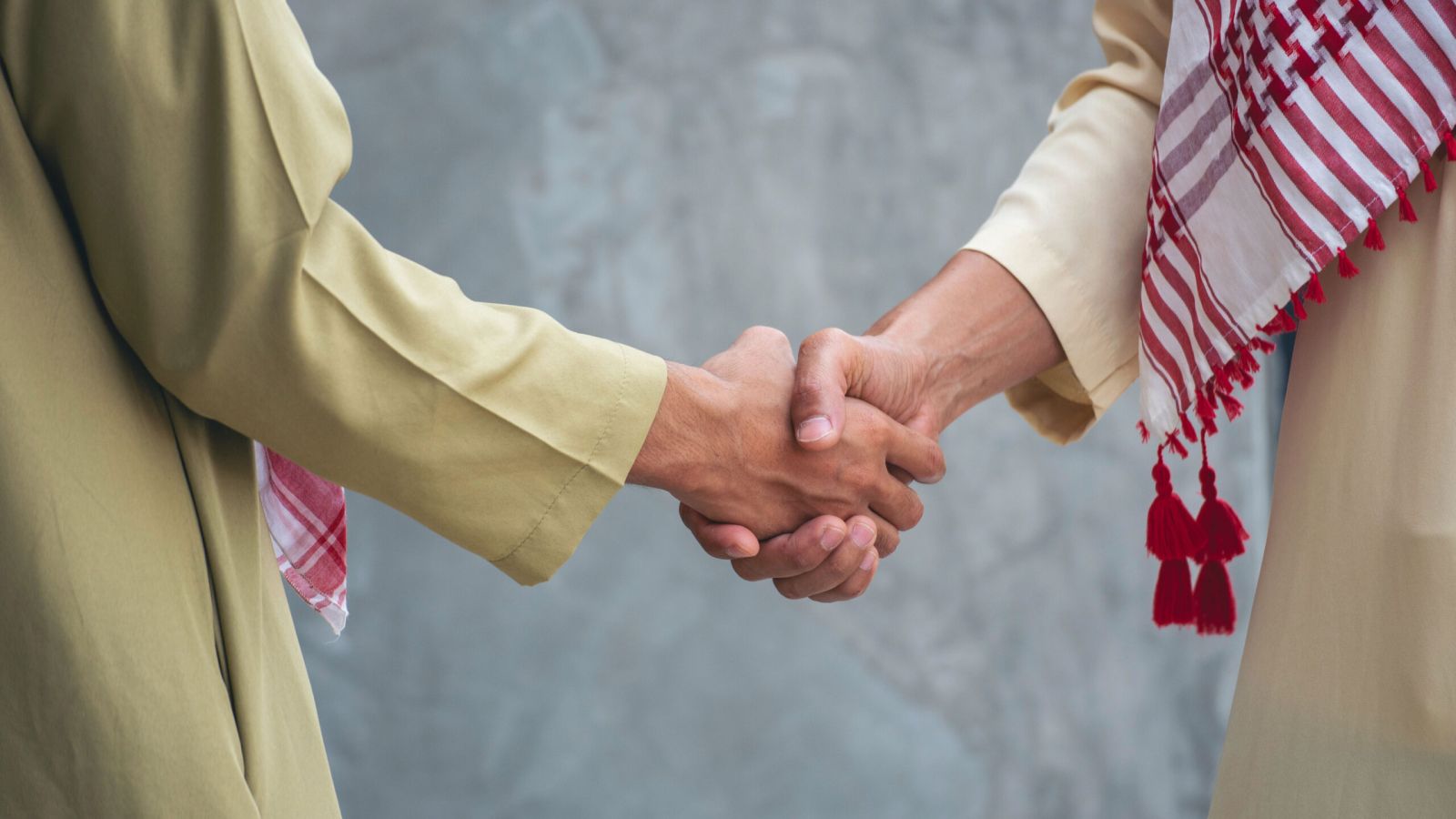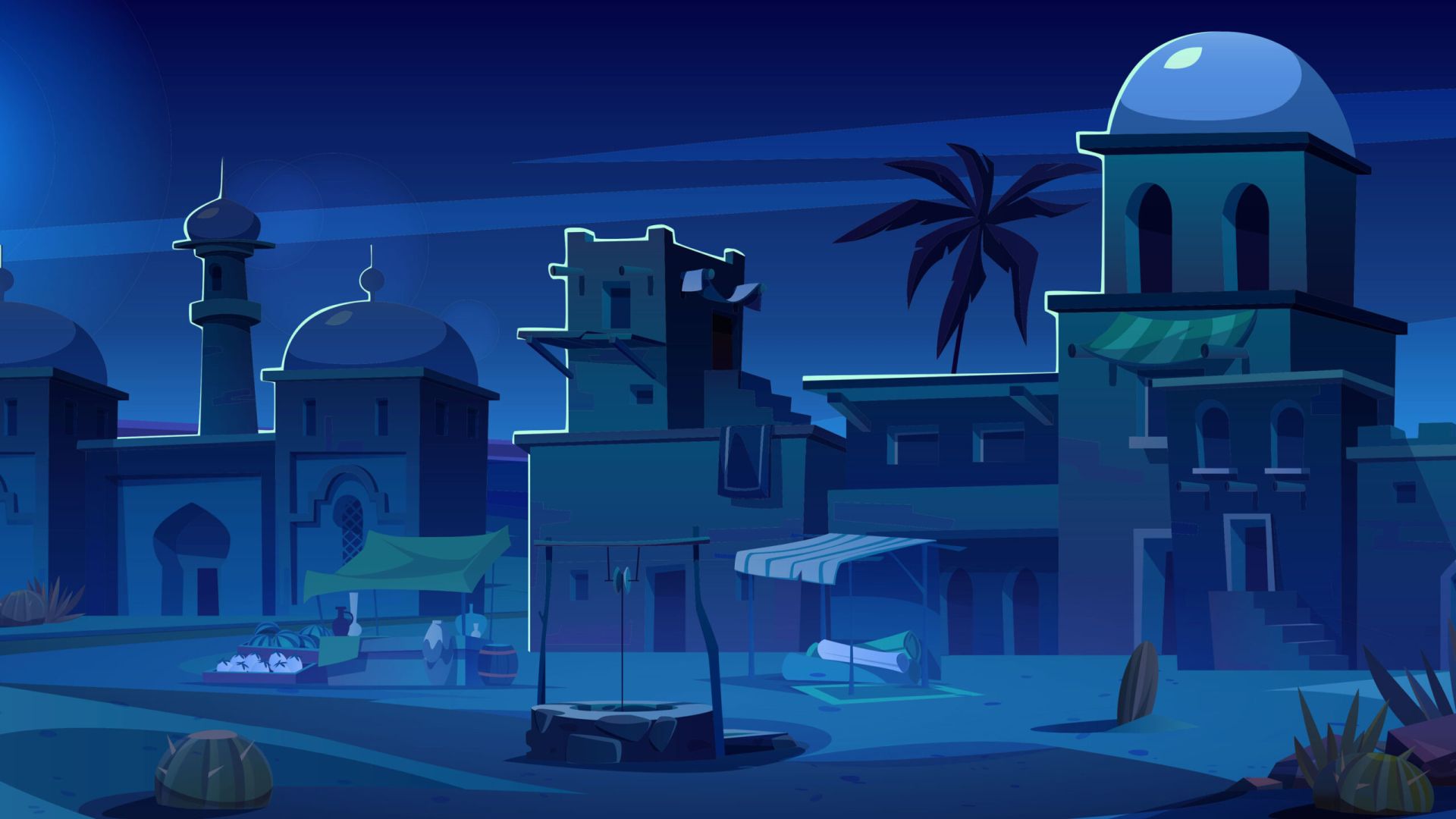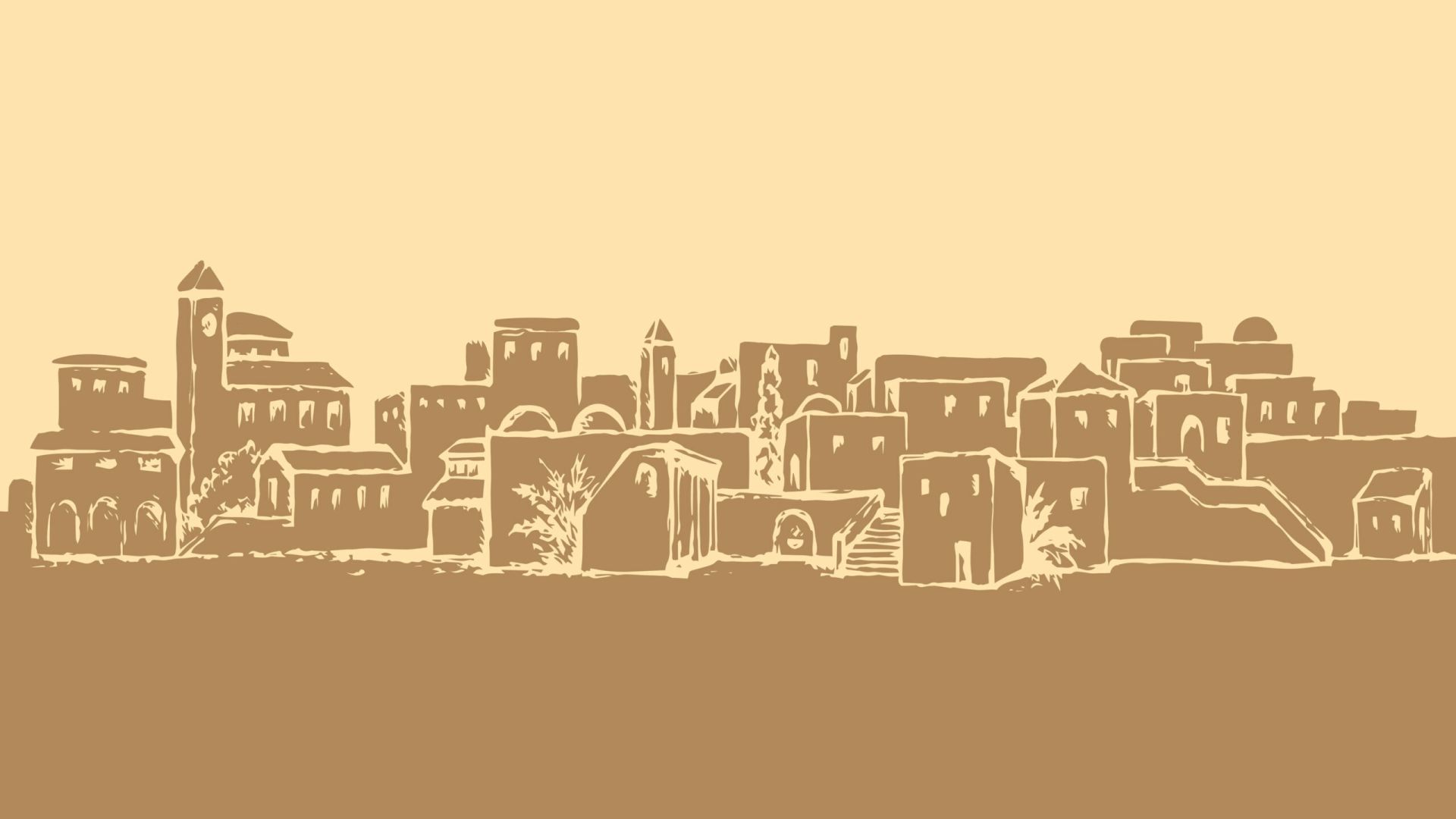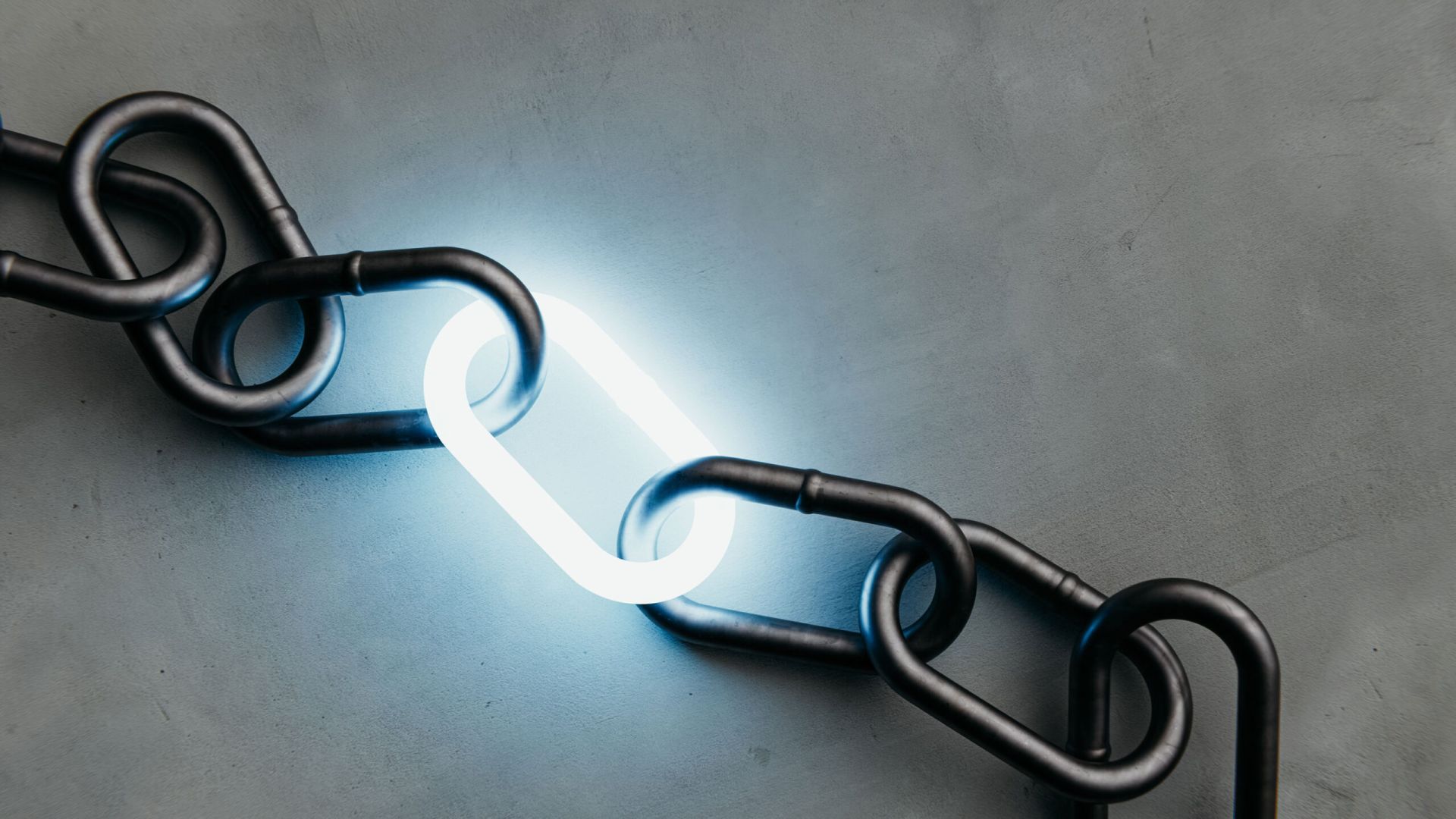The Three Levels of Believers on the Day of Judgement
Imām ʿAbd al-Raḥmān ibn Nāṣir al-Saʿdī
The Three Levels of Believers on the Day of Judgement
Imām ʿAbd al-Raḥmān ibn Nāṣir al-Saʿdī


Allāh—the Most High—said:
ثُمَّ أَوْرَثْنَا الْكِتَابَ الَّذِينَ اصْطَفَيْنَا مِنْ عِبَادِنَا ۖ فَمِنْهُمْ ظَالِمٌ لِّنَفْسِهِ وَمِنْهُم مُّقْتَصِدٌ وَمِنْهُمْ سَابِقٌ بِالْخَيْرَاتِ بِإِذْنِ اللَّهِ ۚ ذَٰلِكَ هُوَ الْفَضْلُ الْكَبِيرُ
“Then We gave the Book (the Qurʾān) for inheritance to such of Our slaves whom We chose (the followers of Muḥammad (صلى الله عليه وسلم)). Then of them are some who wrong their own selves, and of them are some who follow a middle course, and of them are some who are, by Allāh’s Leave, foremost in good deeds. That (inheritance of the Qurʾān), that is indeed a great grace.”
(Fāṭir, 35:32)
Imām ʿAbd al-Raḥmān ibn Nāṣir al-Saʿdī comments:
The three parties mentioned here may all be ascribed to the fundamental state of īmān (belief), being among those chosen by Allāh above the rest of His creation, being favoured by the granting of the Book (the Qurʾān), and eventually being granted entry into Paradise. They differ with one another in relation to their perfection of the degrees of belief which reflects the degree to which each party has been chosen by Allāh and the degree to which each of them may be considered true inheritors of the Qurʾān. This is then mirrored in the resultant levels of Paradise they occupy in accordance with these attributes.
Those Who Wrong Their Own Selves
As for those “who wrong their own selves”, they are the believers who have engaged in both righteous and evil deeds, abandoning some of the obligatory aspects of īmān such that they have left a complete state of belief. This party is divided into two categories:
- Those among them who will present themselves on the Day of Resurrection with all their sins forgiven—either in relation to supplications they had made, or third-party intercession, or acts of goodness they had engaged in whose beneficial effects persisted in the worldly life after their demise, or their sins were expiated by means of punishment they had already received in their grave. Resultantly, they are alleviated from punishment for the sins they had perpetrated, and the reward of their righteous acts may come into effect. This is the most elevated category among those “who wrong their own selves”.
- Those who present themselves on the Day of Resurrection with evil deeds. For such people, their good is weighed against the evil they had engaged in. The results of this produce a further three categories:
- Those whose good deeds outweigh their evil. This category of people shall be granted entry to Paradise by the mercy and goodness of Allāh.
- Those whose evil and good deeds are equal. This category of people are termed the Companions of the Wall (or al-Aʿrāf). They shall occupy an elevated place between Paradise and the Fire—their numbers are in accordance with Allāh’s will—before eventually being granted entry into Paradise as described in the Qurʾān.1
- Those whose evil deeds outweigh their good. This category of people are most deserving of punishment in the Fire, except that they may be granted safety from it by means of that which Allāh has decreed a preventer. This includes the intercession of a messenger, a close relative, or one of their acquaintances on their behalf whom Allāh has granted leave to intercede for them in relation to the elevated station they occupy, and the level of munificence, honour and nobility they possess before Him. These people may also be the recipients of the unfettered mercy of Allāh in the absence of intercession. Otherwise, they must enter the Fire to be punished therein in accordance with the magnanimity of their evil deeds, although they will eventually be granted entry to Paradise. For those whose hearts possess even the tiniest, most minute, scantest amount of īmān shall not remain in the Fire, even if the quantity of their īmān is so small that it may be likened to a mustard seed, as narrated from the Prophet (صلى الله عليه وسلم) in multiple independent narrations,2 and fully agreed upon by consensus (ijmāʿ) of the pious predecessors, and their leaders.
Those Who Follow a Middle Course
As for those “who follow a middle course”, they are those who perform their obligatory duties while completely abstaining from the prohibited, while engaging in very few supererogatory acts of worship. If they ever fall into error, they immediately repent for their transgression and retain their status. This party may also be termed “the Companions of the Right Hand” concerning whom Allāh says:
فَسَلَامٌ لَّكَ مِنْ أَصْحَابِ الْيَمِينِ
“Then there is safety and peace (from the Punishment of Allāh) for (you as you are from) those on the Right Hand.”
(Al-Wāqiʿah, 56:90)
This category of people shall be granted safety from the punishment of the grave and the Fire, their actions and belief are kept intact by Allāh facilitating their entry into the varying levels of Paradise in accordance with their respective states.
Those Who Are Foremost in Good Deeds
As for those “who are, by Allāh’s Leave, foremost in good deeds”, they are those who have perfected the levels of Islām such that they have attained the level of iḥsān which is to worship Allāh as if they can see Him, or have attained the level below that which is to recognise that He sees them while they are unable to see Him. Also among their attributes is that they are a force for goodness, benefitting the other servants of Allāh in accordance with the extent of their abilities. Thus, they fulfil their obligatory duties while also engaging in recommended (mustaḥabb) acts of obedience. All the while they completely abstain from all prohibitions as well as disliked (makrūh) acts, even avoiding excess permissible acts that would otherwise diminish their rank. This category of people are considered the choicest, most elite, quintessent, apex category among Allāh’s chosen class. They are considered the nearest to Allāh (al-Muqarribūn), occupying gardens of delight, the highest echelons of Paradise (or Firdaws). For Allāh is both the Most Merciful to His believing servants and encompassing in His mercy while also being the Most Wise; granting matters a proportionate degree of attention, positioning each person in the most appropriate, befitting place for their state, circumstance, and level. Considering this, just as those in this category were among the foremost in their engagement in every act and form of goodness in this worldly life, they are befittingly granted the highest levels in the hereafter. Just as they chose for themselves engagement in only the choicest, prime actions of goodness, Allāh shall grant them only the choicest of rewards. For they shall drink from the spring of Tasnīm, which is regarded as the best drink enjoyed by the People of Paradise, such that it shall be made available to those who have been brought near to Allāh only (al-Muqarribūn). While the companions of the Right Hand shall enjoy it as a mixture with the other drinks of Paradise, all of which are completely devoid of deficiency. The Most High said:
وَمِزَاجُهُ مِن تَسْنِيمٍ ﴿٢٧﴾ عَيْنًا يَشْرَبُ بِهَا الْمُقَرَّبُونَ ﴿٨٧﴾
“It (that wine) will be mixed with tasnīm. A spring whereof drink those nearest to Allāh.”
(Al-Muṭaffifīn, 83:27-28)
This similarly applies to all the remaining types and categories of enjoyment in Paradise, those foremost in goodness shall be granted the choicest, most elevated, perfect, most precious variety of it, even in acknowledgement of the fact that there is no deficient, low enjoyment or any conceivable sorrow or grief in Paradise. Rather, all its enjoyment is perceived in the heart of the one enjoying it to be the very pinnacle of that enjoyment, superiority to it completely inconceivable to them. For Allāh has given them enjoyment and made them pleased with their affordance. The best of this category are the Prophets who themselves occupy varying levels, then the foremost attestors to the truth espoused by those prophets (al-Ṣiddīqūn) who also occupy varying levels. For all, there will be degrees or ranks according to their respective actions.
So glory be to the One who has allowed this great disparity to exist among His servants! And Allāh selects for His Mercy whom He wills and Allāh is the Owner of Great Bounty.
Most Popular: Last 30 Days

Everyone’s Speech Is Subject to Acceptance or Rejection Except the Prophet (ﷺ)

The Beautiful Names of Allāh: How to Practice What They Entail in Our Lives










